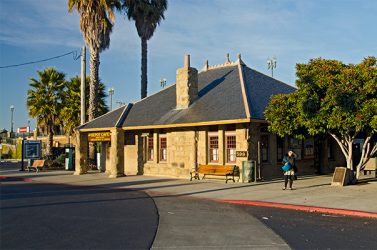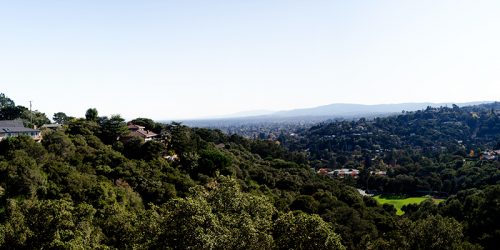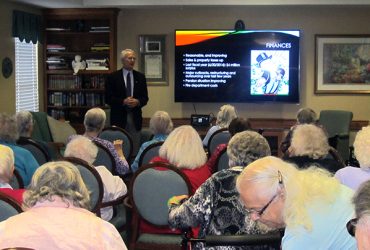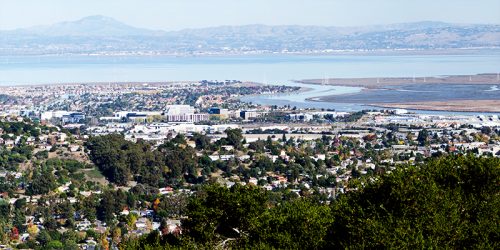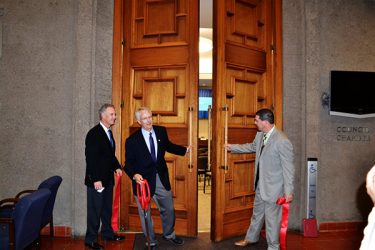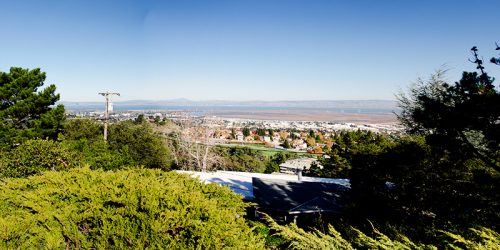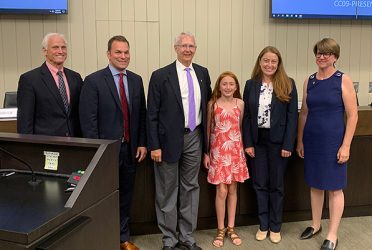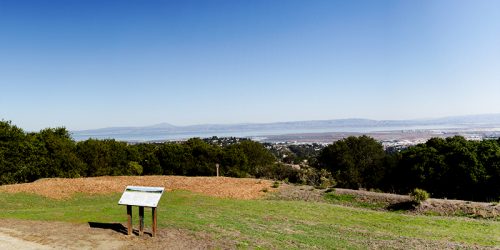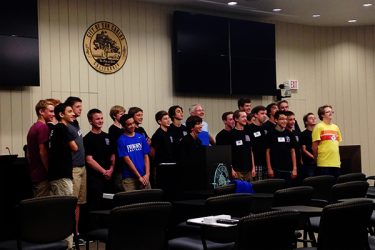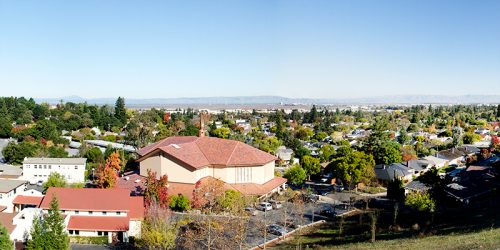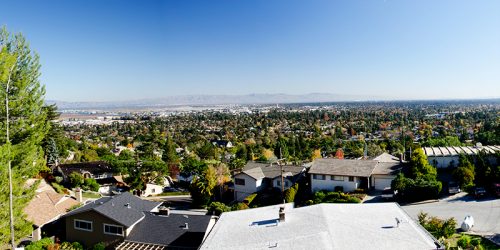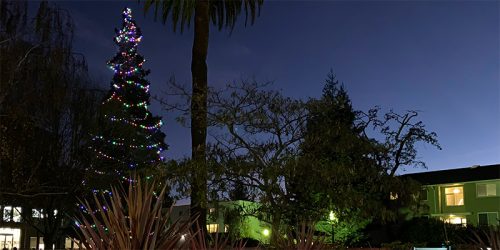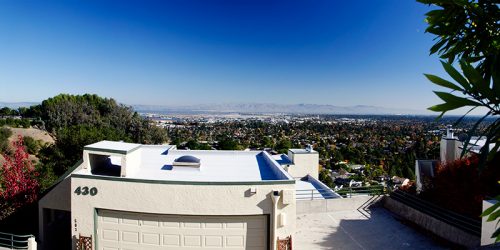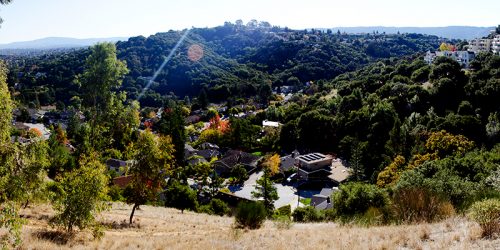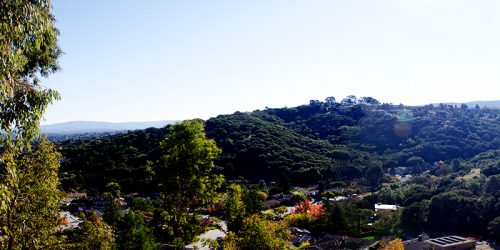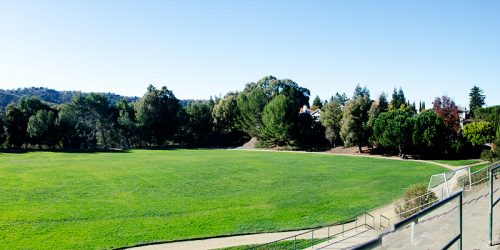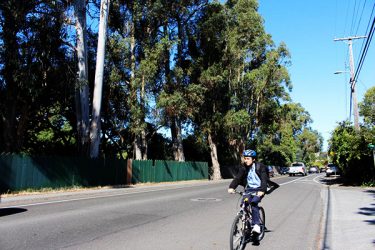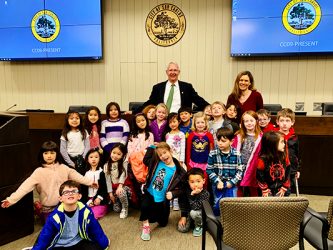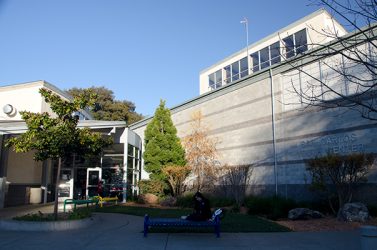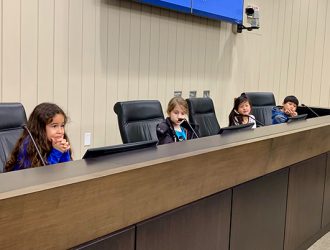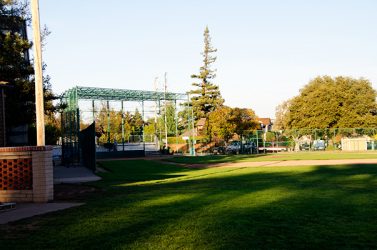My colleague Matt Grocott raised an interesting issue the other day when he released a letter to the Palo Alto Daily Post urging the Council to hold a meeting to examine, and take a position on, global warming (the Post normally waits awhile before making its material available online, but they were kind enough to let me post the article here).
How should a local body decide what issues to discuss? It’s a good question, and, like most good questions, doesn’t have a clear-cut answer. In my own case, I approach the matter by considering several questions.
Does this issue bear on the public safety or quality of life of San Carlos residents?
If it doesn’t, I see little value in the Council discussing it, regardless of how strongly I or others might feel about it. We have limited time and resources, and to do our best for our community we need to focus on those things that directly affect our community.
Are we the right/only body to study and act on the issue?
If the issue doesn’t uniquely involve San Carlos, or if there is some other governmental body whose duty it is to address the issue, then it may not be worth pursuing on our own.
That doesn’t mean we ignore it. In many cases the response is to refer the person raising the issue to the appropriate entity. In some cases we might have to set up the appropriate entity (e.g., a joint powers review of an issue affecting San Carlos and Redwood City).
Do we have the authority to act on the issue should we choose to do so?
If we don’t have the legal authority to act all we’ll be able to do is study and opine. There are some situations where that’s still desirable. But you have to consider, carefully, the resources and time you’ll be investing given that there’s no real payoff. A brief discussion not involving much staff or Council discussion to produce a “sense of the Council” is one thing. A major commitment of staff or Council time to do the same thing is something else.
Probably the hardest part of applying even this rough framework is being objective about the resource requirements and the benefits of action.
It’s easy to underestimate the resource requirements. Moreover, the Council is limited in its ability to manage the resources expended, because once an item is on an agenda, any number of people can opt to make public comments on it. I cherish our right as citizens to speak to our elected officials on issues that concern us, but it can be a significant opportunity loss to the community to invest scarce Council time listening to input on a matter we have no authority to affect. It’d be more effective, and more rewarding, for those expressing opinions to address them to decision-makers who do have the requisite authority.
It’s also easy to overestimate benefits when the issue is near and dear to one’s heart. It’s hard to separate your own feelings from what you believe are the feelings of the community, always allowing for the possibility that you see an issue where others don’t.
Personally, this is an issue I’ve wrestled with on many occasions as a public official. You elected me to represent your interests and to use my judgment in addressing them. Sometimes those two objectives don’t align, even on simply prioritizing what I think the Council should address.
For me, assessing the reality and the consequences of global warming are (a) critically important and (b) above the pay grade of a city council. The time and resources needed to educate me to where I could do the matter justice, coupled to the fact that all that could result from the review was an affirmation or a rejection of laws the Council is not empowered to change, makes it a non-starter.
As I wrote in The ICLEI Saga, we have a city to run. Let’s focus on the things we have the power to change to make it even better than it is.
